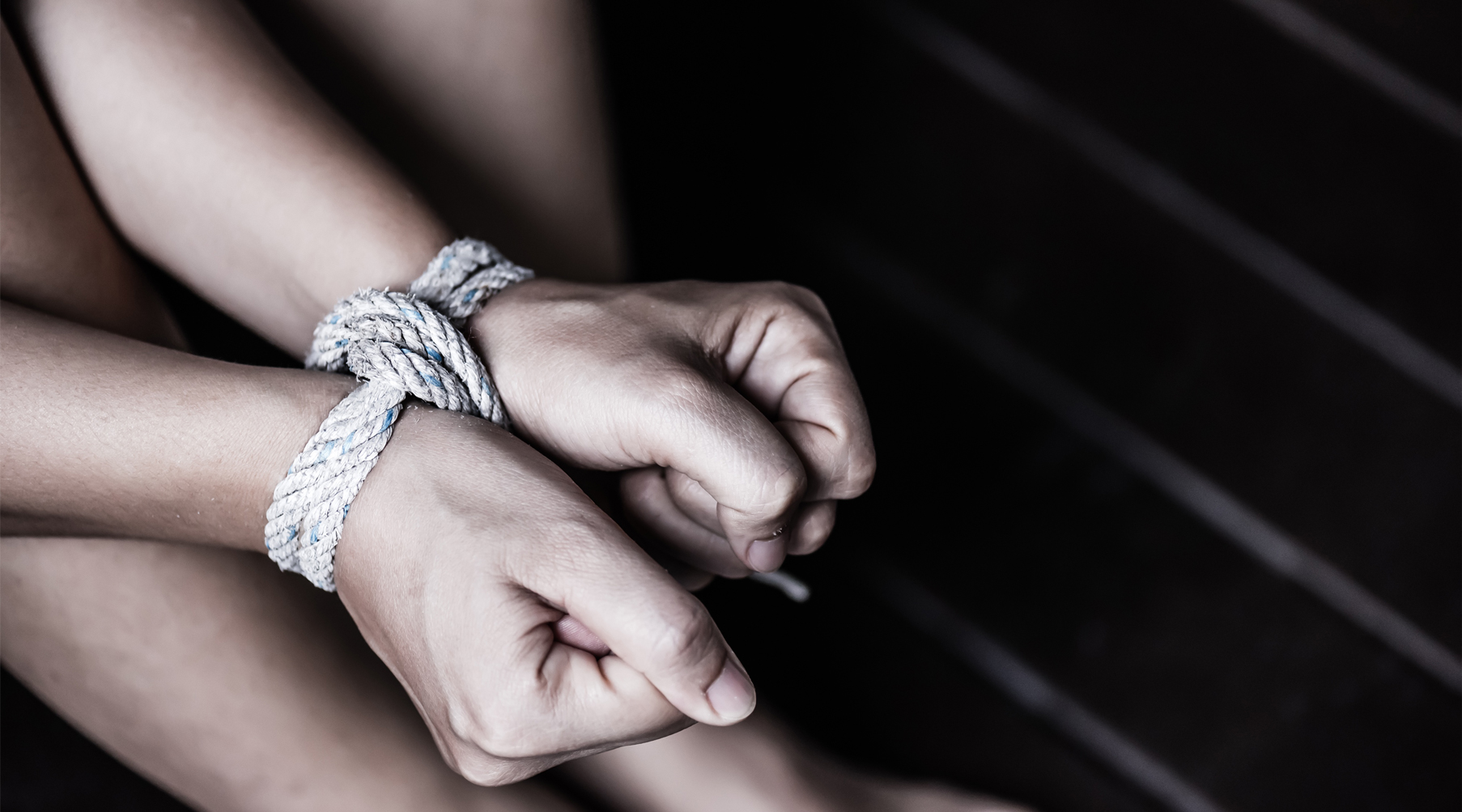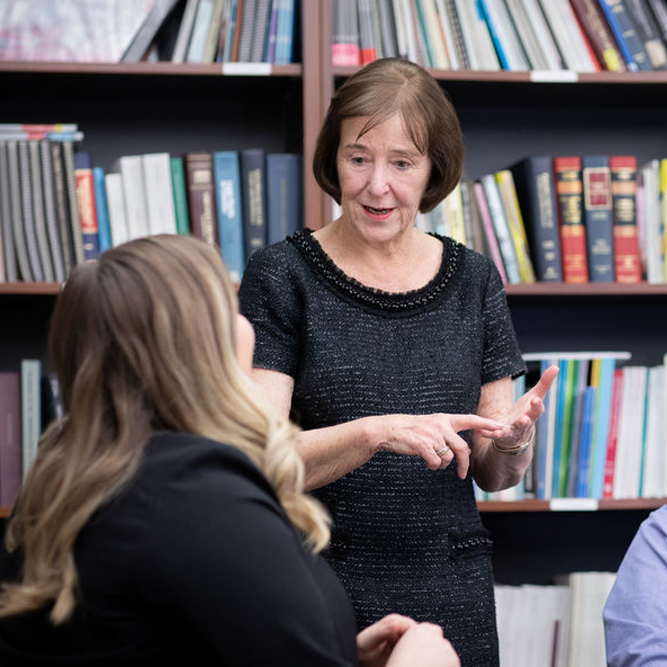Understanding Child Trafficking
Loyola’s Center for the Human Rights of Children will help conduct the first national study of child labor trafficking in the U.S.
The Center for the Human Rights of Children (CHRC) at Loyola University Chicago’s School of Law will play a leading role in conducting the first national study of child labor trafficking in the United States. For this interdisciplinary collaboration, Loyola University Chicago is partnering with Northeastern University School of Criminology and Criminal Justice and John Jay College of Criminal Justice on the study. Katherine Kaufka Walts, director of the CHRC, is the principal investigator for Loyola’s School of Law. The funding comes from the National Institute of Justice.
Background
The human trafficking of children into various forms of labor or services is a particularly egregious offense and is recognized by United States federal anti-trafficking statutes. While we know child labor trafficking exists, there have been no empirically sound attempts to understand the nature or scope of child labor trafficking in the U.S. Child labor trafficking cases have occurred in most states, and include industries such as domestic servitude, peddling, forced labor/services in restaurants, factories and agriculture. In order to develop capacity within systems to identify minor victims of labor trafficking and to develop adequate responses to their needs, we must fill gaps in our knowledge about the experiences of children who are trafficked for labor in the U.S., and how they are identified.
The project
This project seeks to answer three main questions that will enhance our understanding of child labor trafficking:
- What is the nature of child labor trafficking in the U.S. and how is it distinct from other forms of labor abuse involving children?
- Who are the perpetrators of child trafficking crimes (e.g. individuals, organized syndicates, families, etc.) and how do they operate?
- How are cases of labor trafficking involving minors being identified and what are the challenges facing first responders, including child protection and law enforcement in identifying and responding to these cases?
Data will be collected in four research sites in the U.S. where multiple child labor trafficking cases have been identified. Information from client case records in each study site will be coded to systematically identify demographic information about child labor trafficking victims, information about recruitment, movement, exploitation, and perpetrators. Interviews with victim service and legal providers will supplement the information in the case records and provide a broader picture of the nature of child labor trafficking victimization and the experiences of victims in the local area. Finally, working with providers in each of the four study sites we will interview adult survivors of child labor trafficking to learn about their experiences and needs.
The outcome
This study will provide foundational information about the nature and characteristics of labor trafficking involving minors. The project will provide insights into the key service needs of this population, how this population may come into contact with first responders, including child welfare agencies and justice systems, and the degree to which existing services can assist these child victims.

